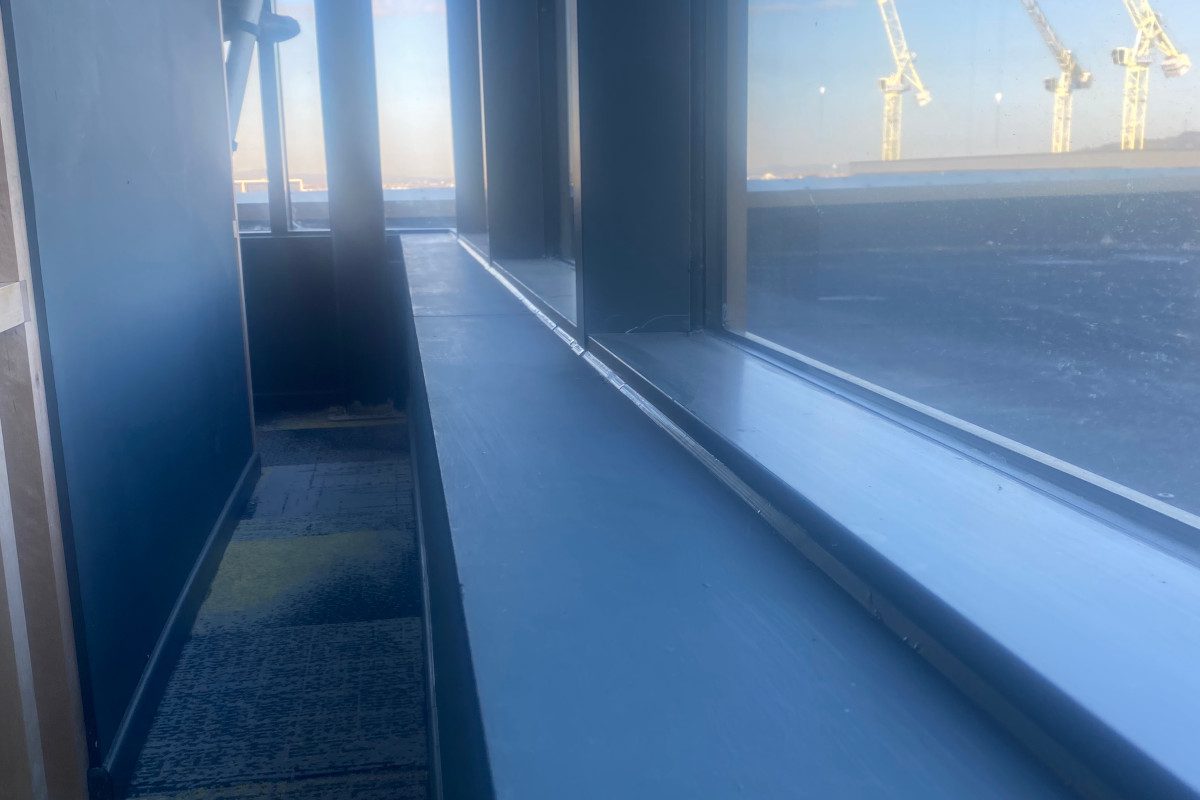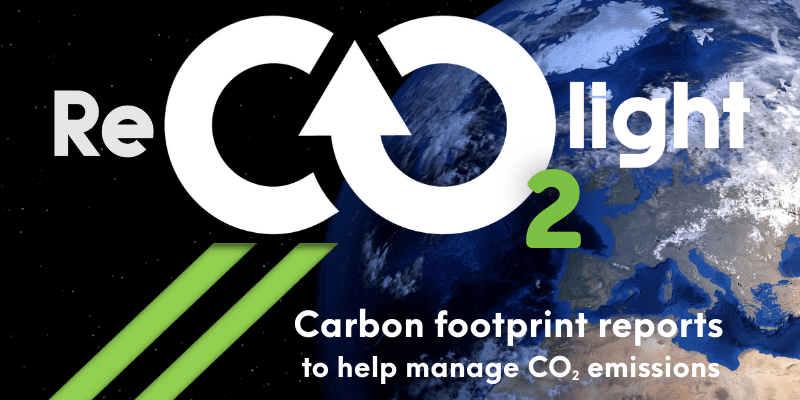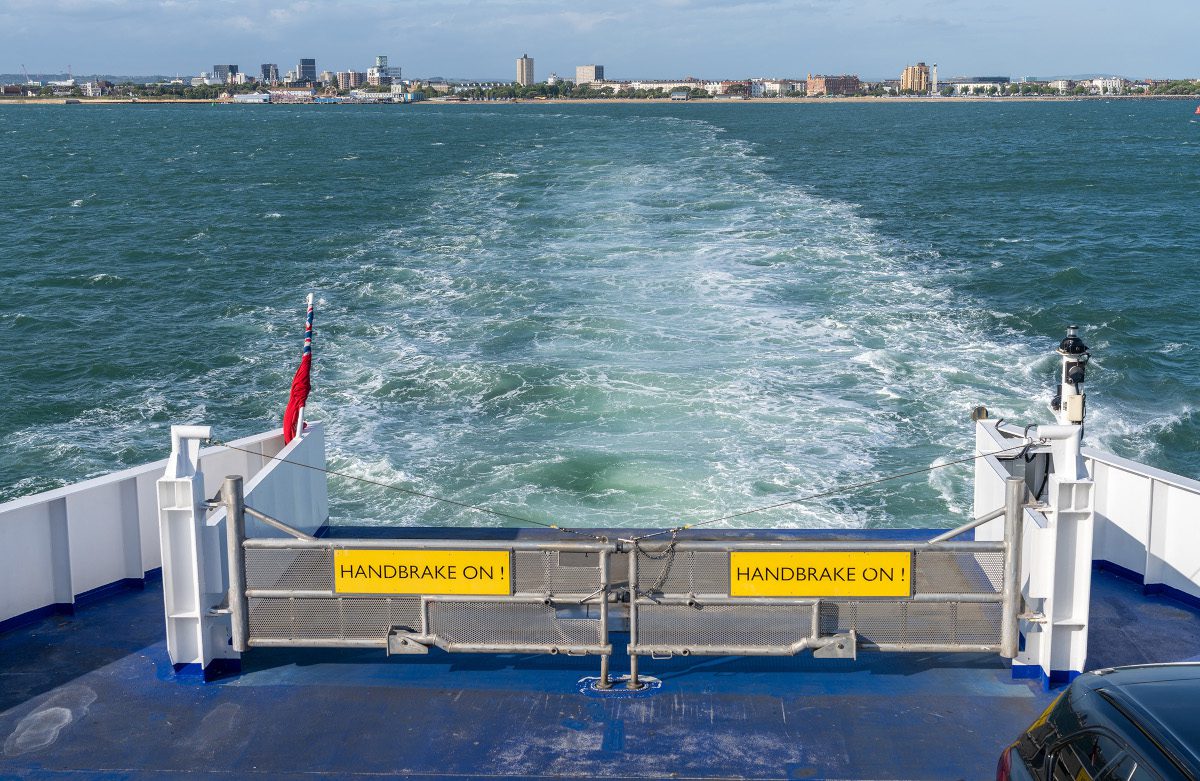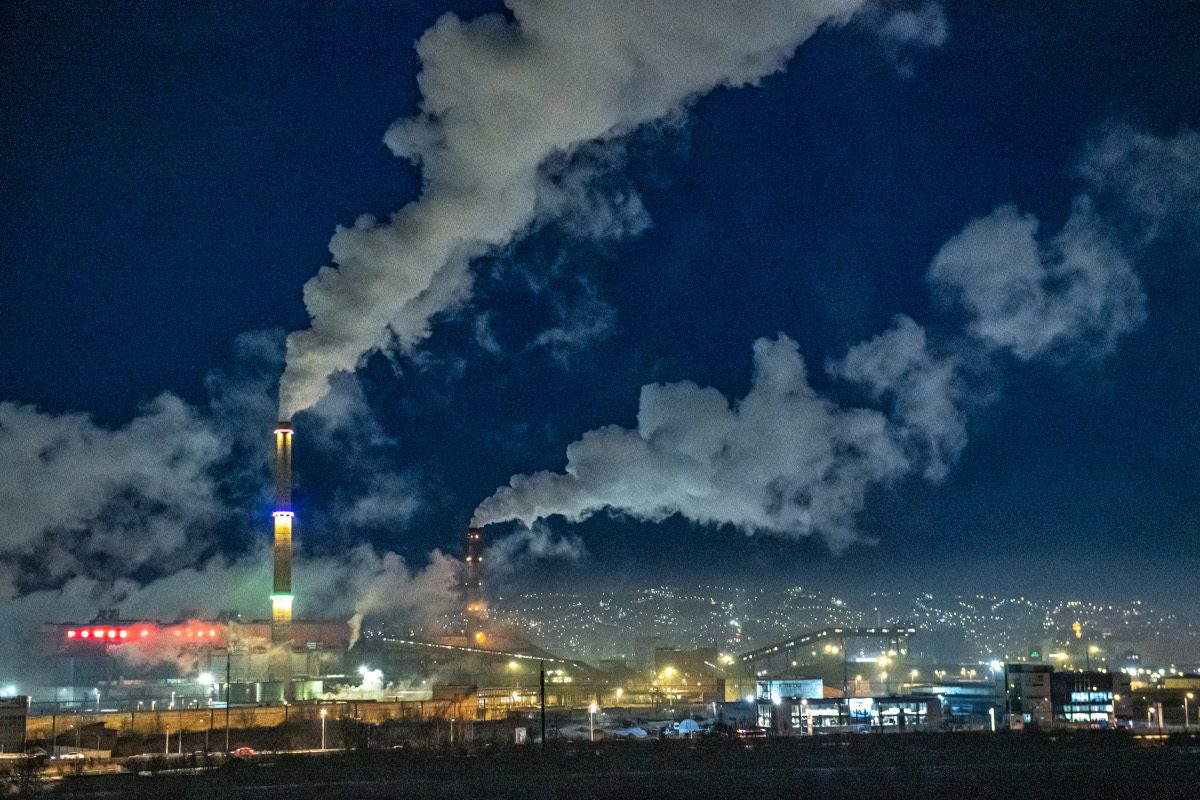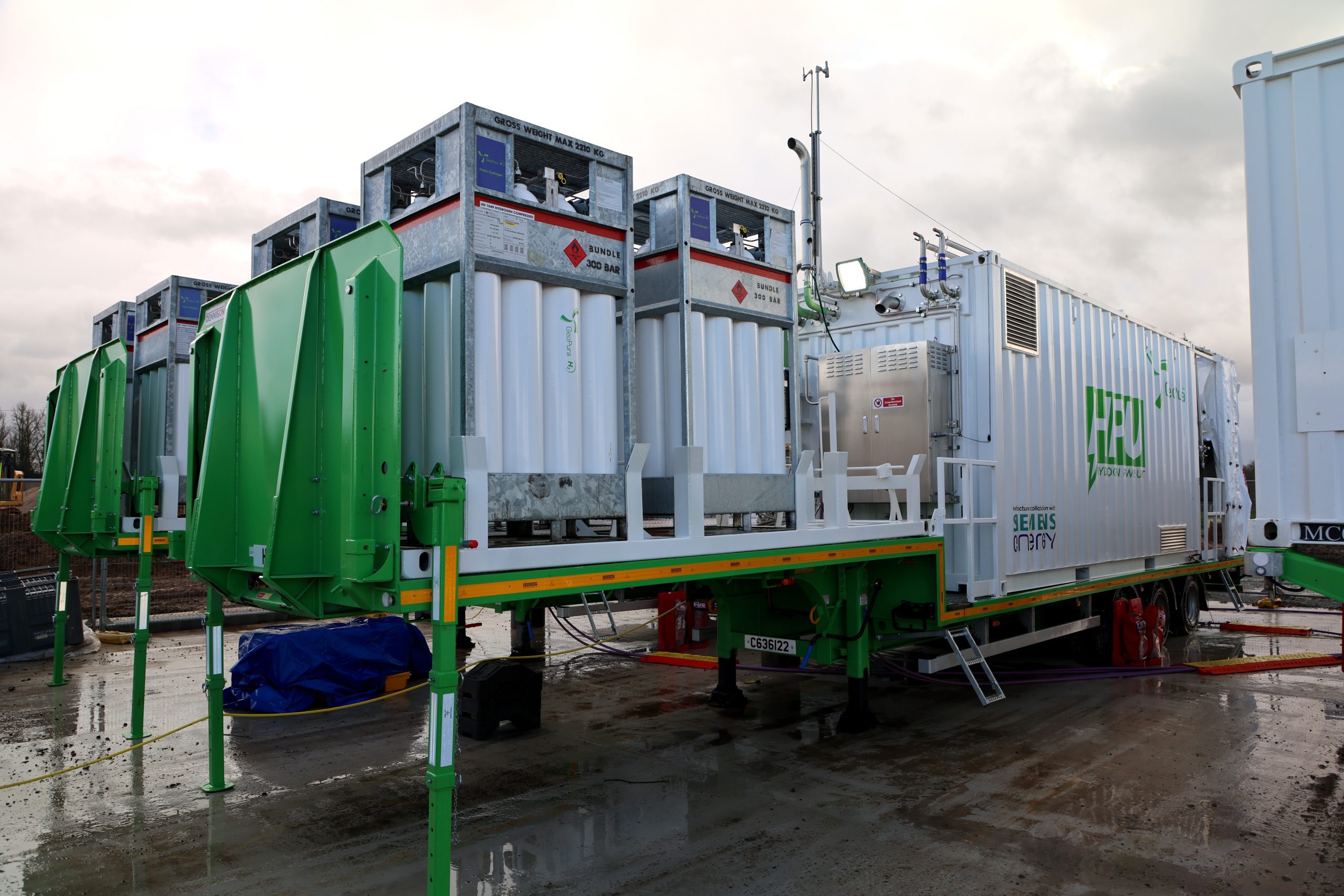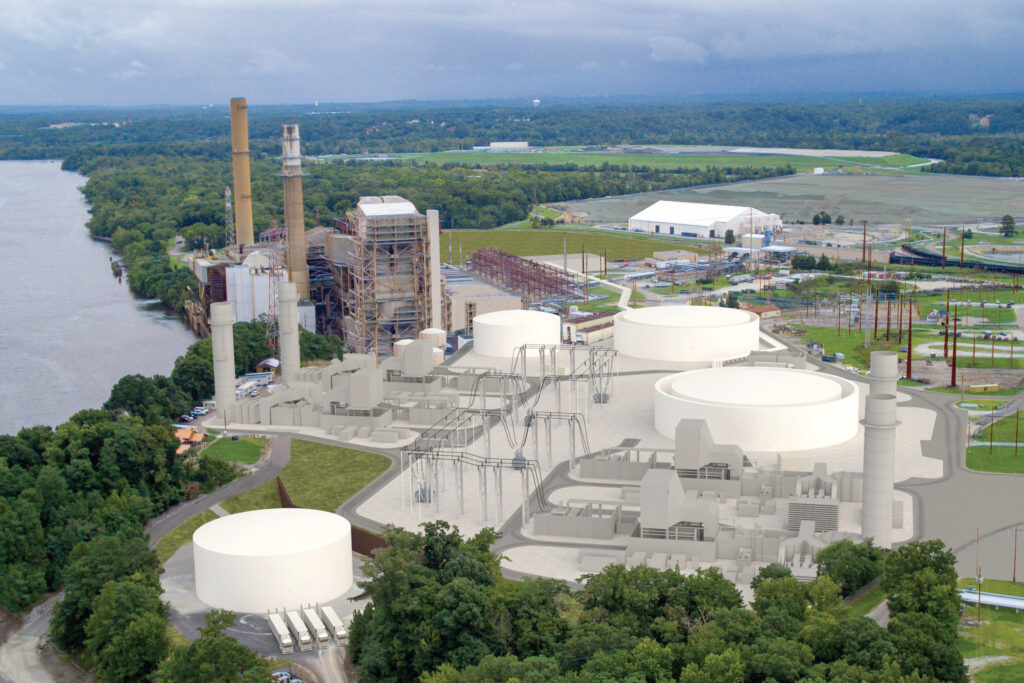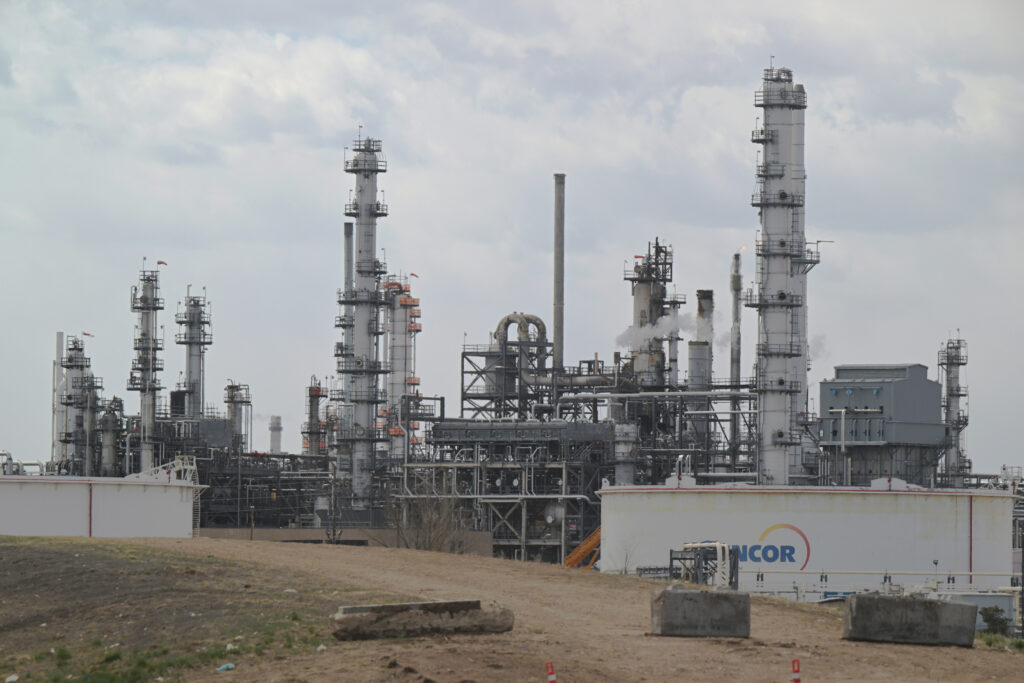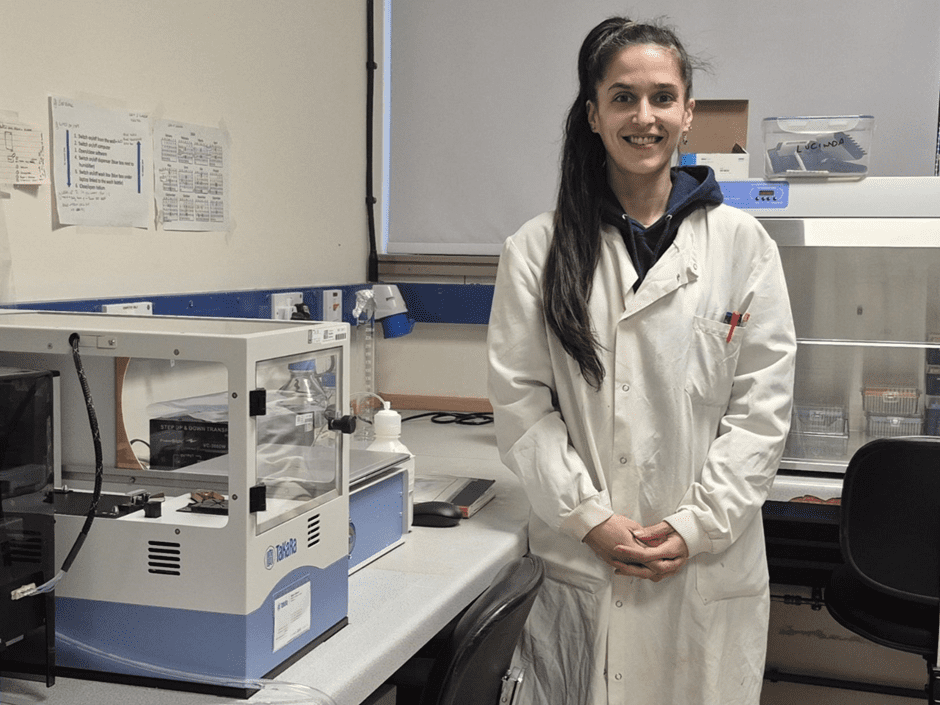This article contains paid for content produced in collaboration with Alphasense
This article covers a recent interview with Dr Ronan Baron, Technical Director at Alphasense. The conversation offers a unique insight into how innovation is being pursued in the company and how it has translated into successful new products in the last few years.
Dr Baron says: “You need conditions to bring about innovation”. In the case of Alphasense, the Essex-based firm was acquired in 2021 by the US multinational AMETEK. AMETEK was able to recognise the unique technical expertise at the site and decided to establish it as a “centre of excellence” for gas sensing. “It is important that the wider business sees the value that the R&D teams bring. In our case we feel very fortunate AMETEK provides us the support that is needed”. He continues: “In a business everything is related – it is important that we are all aligned on the strategy – leadership does play an important role too”.
“Without those things – you’re not able to nurture long term success. You might have something for a short while but then it is likely to disappear.”
“It’s easy for things to go wrong, so you need to find a balance,” he says. On the one hand, it’s critical to hire engineers “who’re ready to disrupt the way people are thinking”. On the other hand, “you need to be able get on and develop new products on time and you want to avoid getting lost in blue-sky thinking.”
“There is always a risk in research that it doesn’t turn into anything,” he continues. But in his telling, commercial and time pressures, with the focus on real-world problems, can be an animating ingredient. It’s about trying “to take those constraints as a help,” he says, somewhat gnomically.
Real-world problems
“If you talk to people and ask: What is their main problem in gas sensing, one that comes first is oxygen sensors leaking,” he says. Much as with lead-acid batteries, the traditional lead-based galvanic O2 sensor can potentially leak potassium hydroxide, which is a big problem when happening inside a piece of industrial safety equipment. “We focused on that problem, and we released a leak-free O2 sensor two years ago”.
“It’s an important market for us, and our customer base appreciate when a company respond to their problem”. Oxygen sensing has been central to Alphasense’s product range for a long time, and its performance has been core to the claim of offering “the best choice for safety applications”.
Lead-free oxygen sensors
The group seems to be marking up significant milestones, including – in the past year– the release of lead-free oxygen sensors (the LFO2 series). The result is a significant advance, with the LFO2 series being designed to operate reliably for up to five years. In performance terms, they provide high accuracy and stability across various environmental conditions, with suitability in fields like industrial safety and environmental monitoring. Also, by eliminating lead, the design aligns with directives like RoHS and WEEE.
Dr Baron also spoke about work to improve the accuracy of photoionisation detectors for the measurement of VOCs and a recently introduced range, the PIDX Sensors, addresses requirements in air quality monitoring. Particularly important when measuring very low levels of VOCs, and seeking to eliminate false positives, is the baseline stability, and this is where some of the important advances have been realized with the range.

One transformative development in sensor technology has been the move in recent years towards “smart” or digital functionality. “Once you’ve got digital data on the sensor, it opens up a different world,” says Dr. Baron, referring to the A+/B+ Series smart electrochemical sensors, which Alphasense released in 2023, a move that puts this kind of advanced functionality into the hands of many industrial customers for the first time.
So, the sensor will contain things like calibration information – dispensing with the need for manual calibration when replacing a sensor. “Just open the equipment, change the sensor, and it works,” he says. Equipment can also recognize the type of sensor – whether it’s carbon monoxide or hydrogen sulphide, for example – and configure itself appropriately. The reliance on skilled technicians and downtime is accordingly minimised. And the benefits seem especially apparent in remote environments – on-board a cruise ship, for example – where you can’t just send off for new parts or call in a technician.

As well as plug and play, other smart features include free onboard memory, and temperature monitoring (to support real-time temperature compensation). Inclusion of smart functionality was achieved by incorporating a PCB at the base of the device, and Alphasense UK’s A+/B+ Series parts preserve the layout and pin configuration of existing devices (the smart versions are indicated with a “+” sign), so they maintain compatibility with legacy instruments.
Dr Baron’s comments give the impression of a quiet revolution is underway in the world of industrial sensors with the move to digital technology, as well as ongoing advances with the sensors themselves.
Thoughts on innovation
When it comes to creativity and innovation, the question “how do you do it?” still appears to elude crisp definition. “It’s very important to manage the group well, and create the environment that allows it to happen,” he says. This is an expertise that clearly can’t be summarised simplistically, nor acquired overnight. His own journey has taken in, among other things, a PhD in physical chemistry followed by postdoctoral research outside Europe, and another one at the University of Oxford – all dedicated to sensor technology. Most recently, he completed an MBA part-time with the Open University. “It is important to bring your own contribution but, in reality, it is all about the team, our engineers and scientists. All our work is the result of teamwork, and we are incredibly fortunate to work with a pool of talented individuals at Alphasense”.



